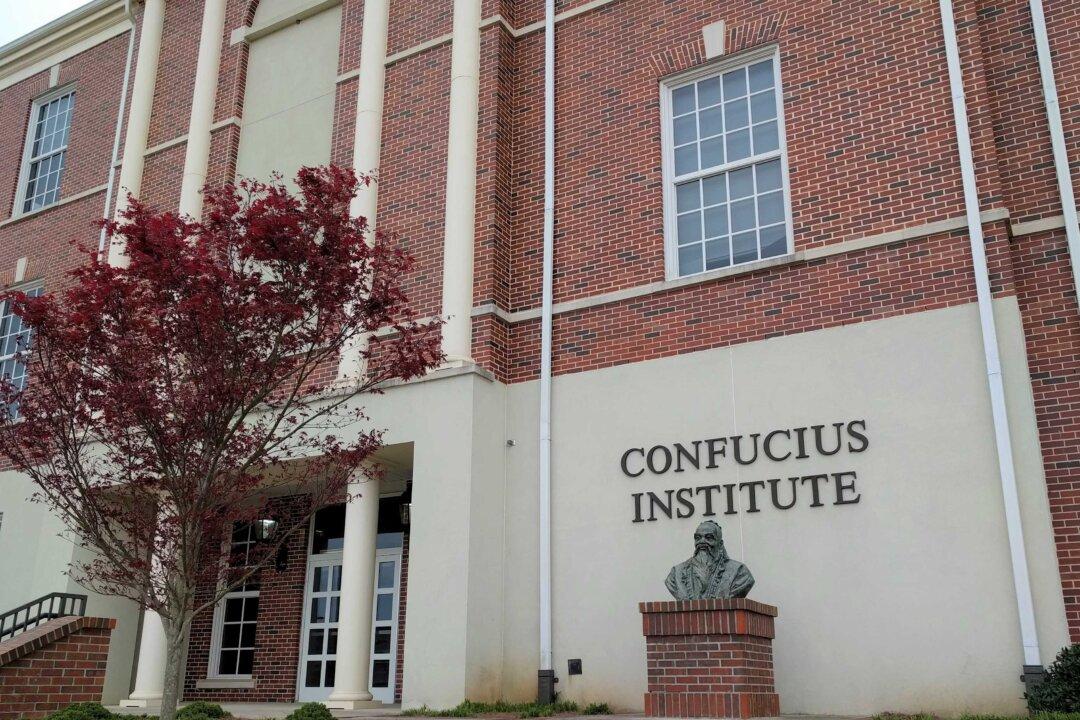A group of Republican lawmakers is pushing Defense Secretary Lloyd Austin on federal funds flowing to U.S. universities with ties to Beijing.
Republican Study Committee Chairman Jim Banks (R-Ind.) and 56 of his GOP colleagues sent a letter to Austin on July 25, asking the secretary why federal funds were going to schools that are linked to the Chinese Communist Party.




